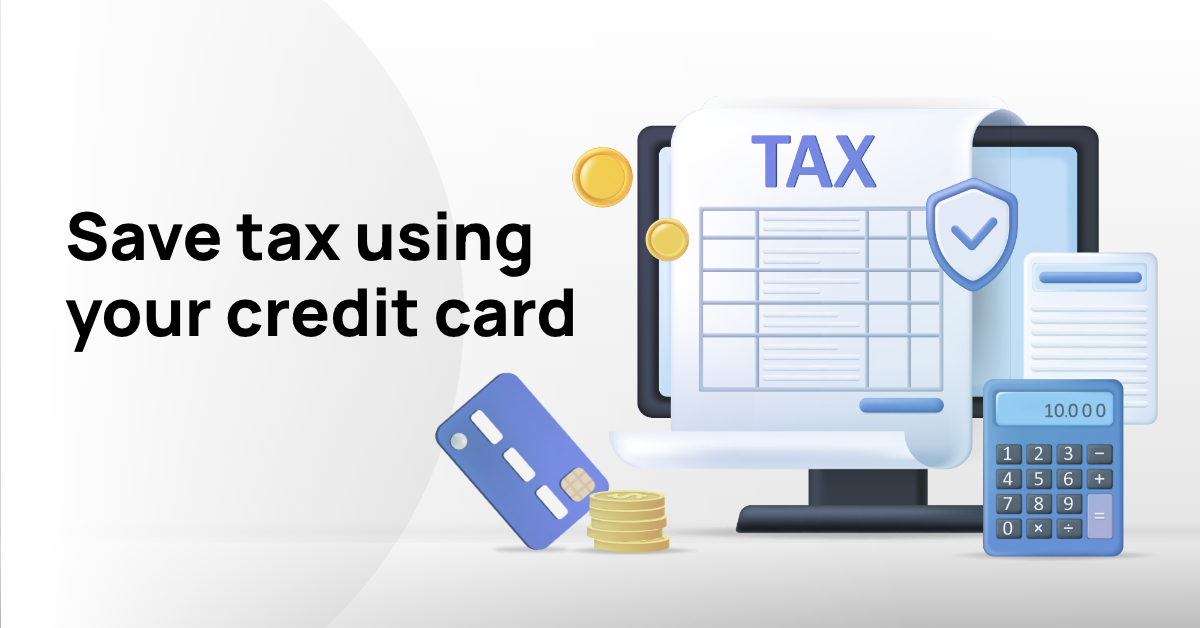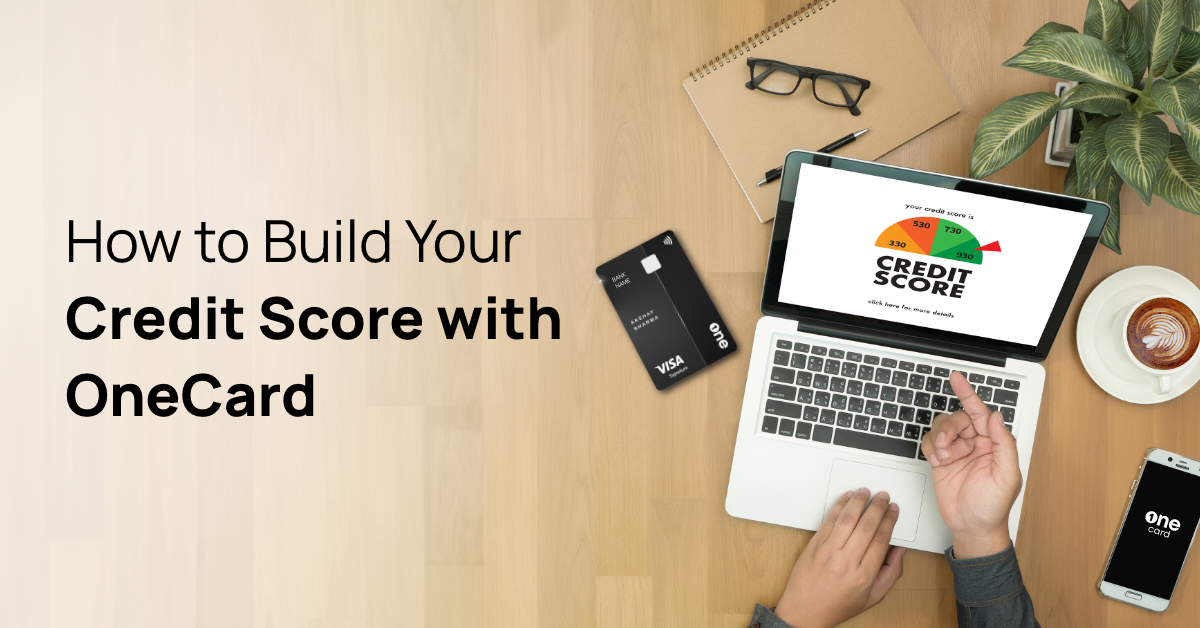How to Use Your Credit Card to Save Tax
By OneCard | January 11, 2024

The months of December through March can be hard on many people’s finances due to the pressure of saving on income tax. Most people make investments during these months, which can lead to a cash crunch. Tax saving then becomes even more difficult.
While most investments, whether they are for tax savings or otherwise, cannot be made via a credit card, there are some options that allow you to do so. Let’s take a look at what they are.
1. Invest in NPS tier I account
The most popular way to save tax over and above the limit set under Section 80C, 80CCC and 80CCD (1) is to invest in an NPS Tier 1 account. With NPS, you can claim an additional deduction of Rs 50,000 under Section 80CCD(1B). And the good thing is that you can use your credit card to invest in it. However, you will have to pay transaction charges of 0.90% of the transaction amount plus GST at 18%. So, if you are falling short of funds, you can use your credit card to pay for it temporarily. Since you can also reward points for paying the amount, you can offset the extra charges as well, to a certain extent.
2. Pay health insurance premium
Getting health insurance for yourself and your parents is a good idea because it will not only cover future medical expenses but also help save you on income tax. Most insurance providers will allow you to pay via credit card without charging anything extra. You can also earn reward points for the payments and redeem them in the form of cashback or pay with points. Another possibility is that you already have health insurance but fall short of funds while renewing it. Rather than missing out on the due date, you can pay for it using your credit card, and if the amount is too high, you can also convert it to a short term EMI.
3. Pay for life insurance
Similar to health insurance, you can pay the premium for your life insurance via a credit card. Even in this case, most insurance providers will not charge anything extra for paying via credit cards and will themselves bear the convenience fees, if any.
ALSO READ: Insurance Types & Benefits: Power of Insurance & Credit Cards Together
Pros and cons of using credit cards for tax saving
If you are wondering whether or not you should use your credit card for tax saving purposes, here are some pros and cons for you to go through:
Pros
- You don’t need to miss out on tax saving investments because of a temporary lack of funds.
- Earn rewards and cashback that will add to your savings and offset transaction charges, if any.
Cons
- There may be a higher transaction charge as compared to other modes.
- If you are unable to pay the credit card dues on time, it can lead to high interest charges.
Final Words
Choosing a credit card to pay for tax saving purposes is a personal choice and depends on your financial circumstances. If used wisely, you can leverage the interest free credit period as well as the rewards that come with your credit card while saving on your income tax.
FAQs
1. Can I pay tax due using a credit card?
Yes. While paying tax via credit card is not so common, as per the Income Tax department’s website, you can make your tax payment using a credit card by choosing the Payment Gateway option while paying your taxes.
2. Can I invest using a credit card?
Since credit cards are a form of borrowed money, they cannot be used to make regular investments like FDs, buying stocks, etc. However, you can use your credit card to pay to invest in NPS, pay for health insurance, or pay for life insurance and save on income tax.
**Disclaimer: The information provided in this webpage does not, and is not intended to, constitute any kind of advice; instead, all the information available here is for general informational purposes only. FPL Technologies Private Limited and the author shall not be responsible for any direct/indirect/damages/loss incurred by the reader for making any decision based on the contents and information. Please consult your advisor before making any decision.



Sharing is caring 😉